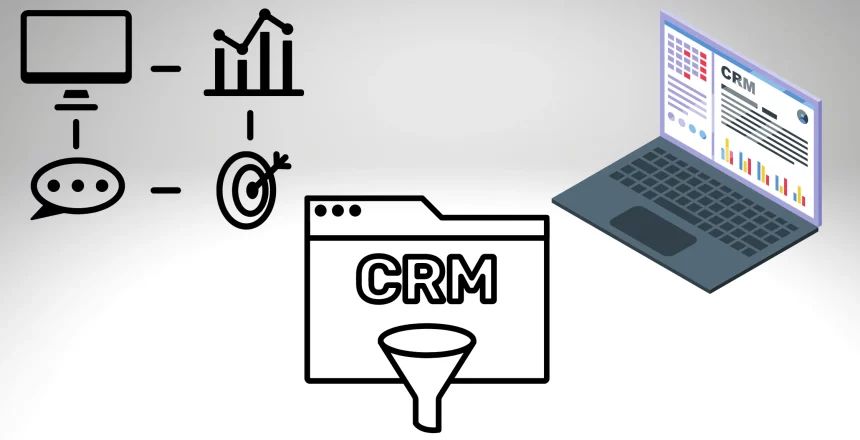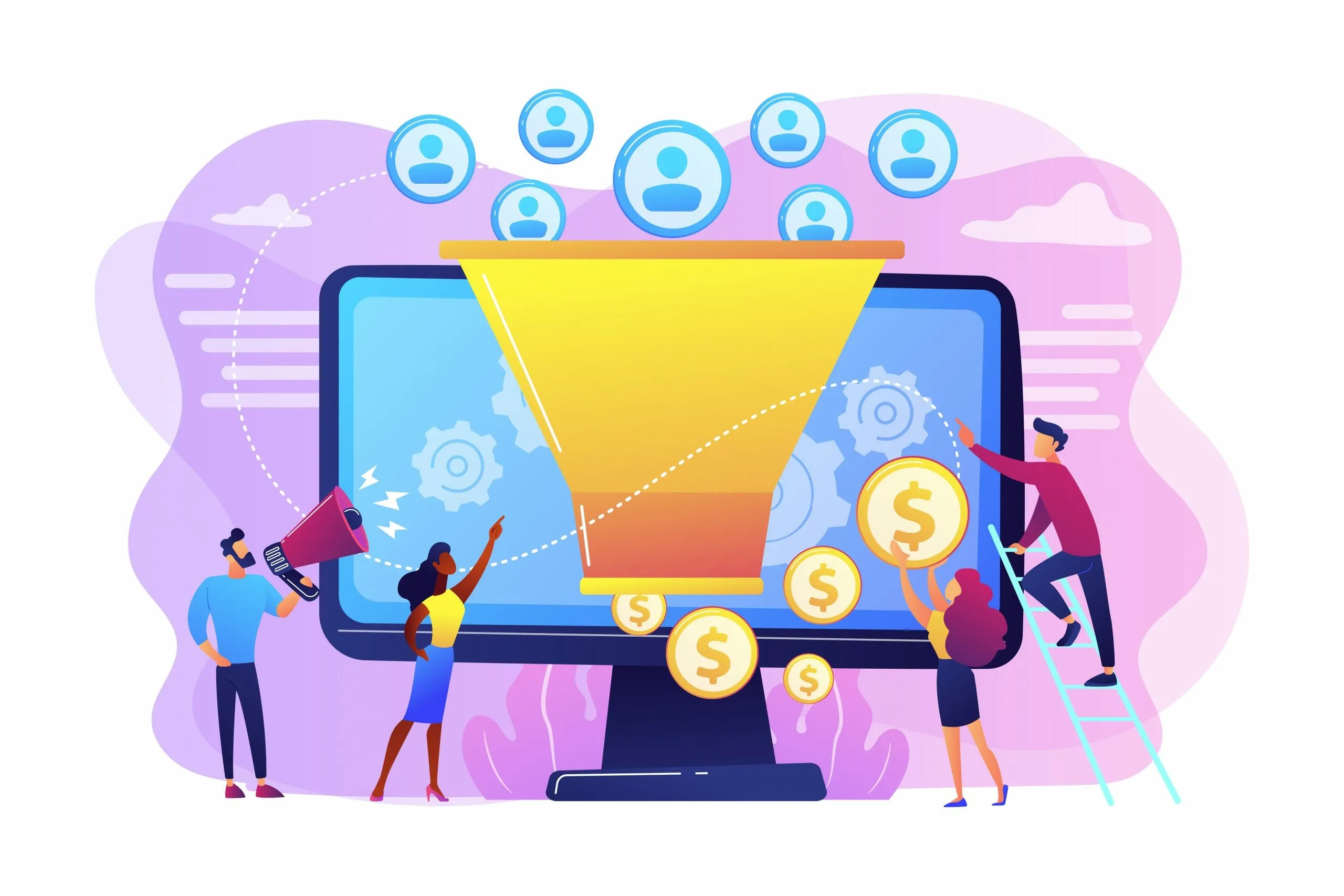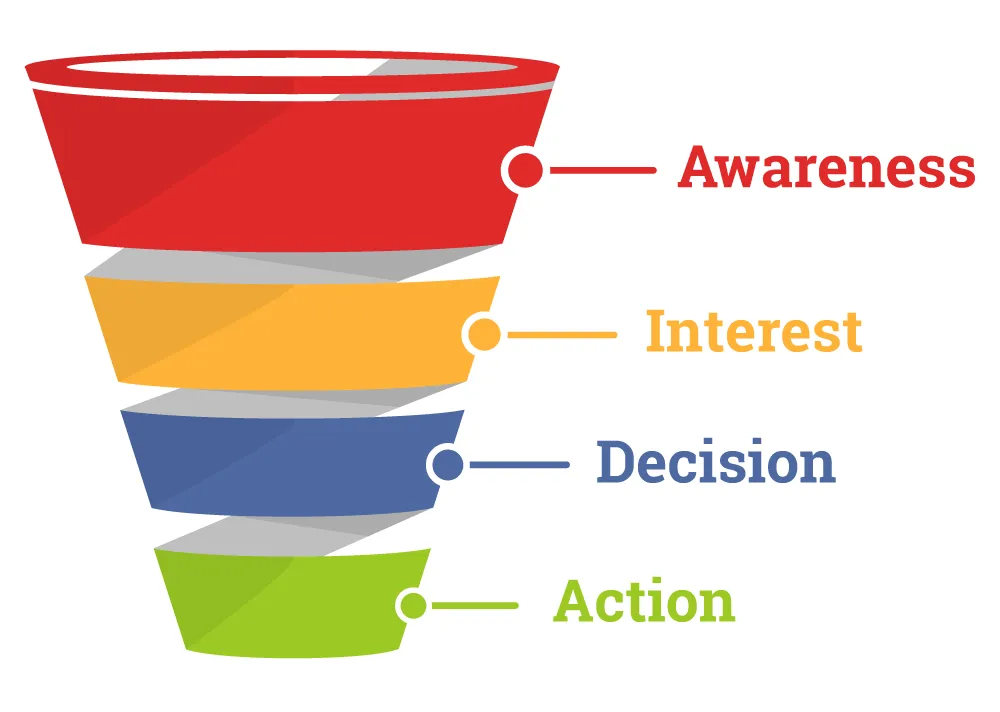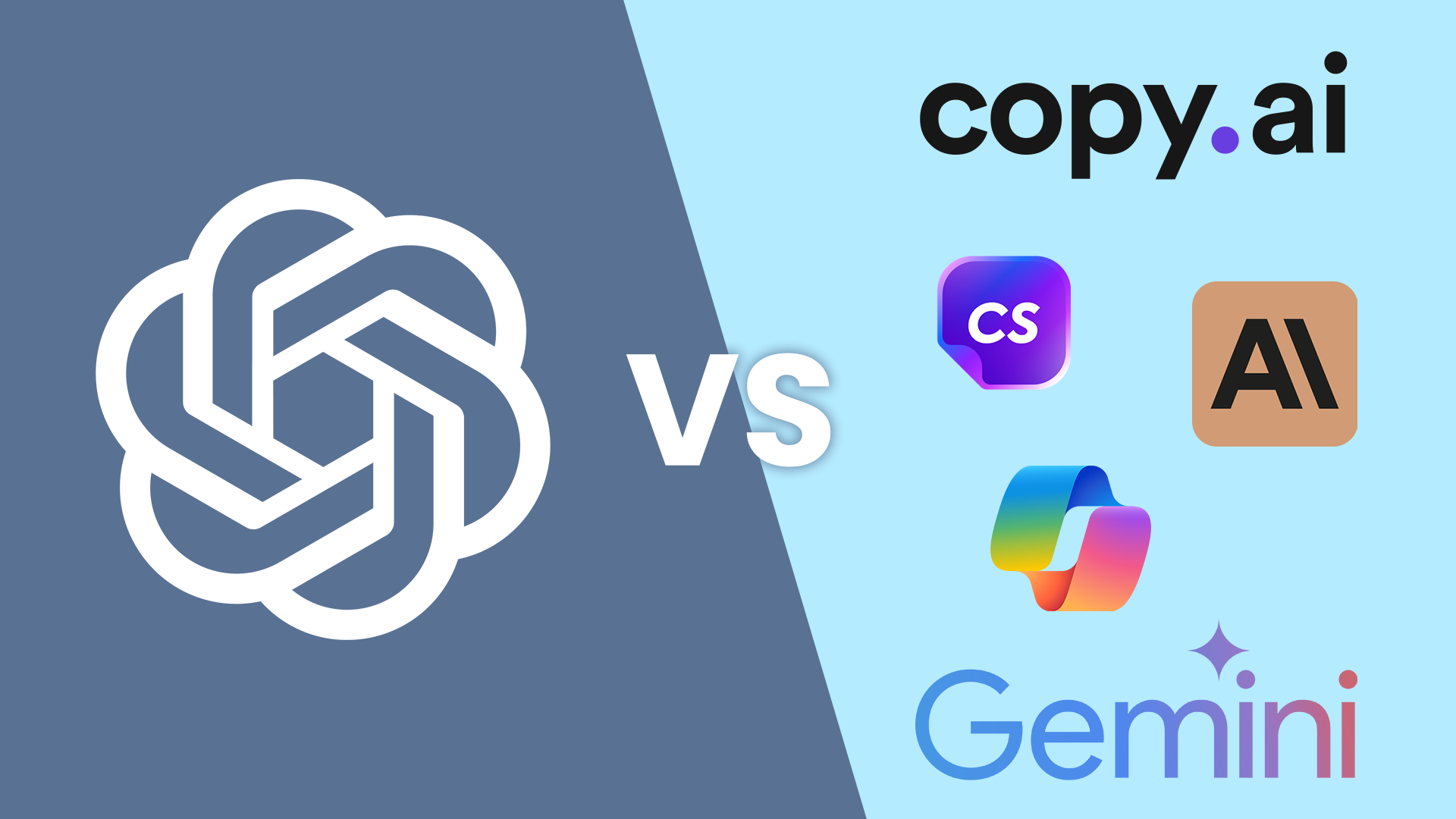A CRM funnel is a marketing strategy used to attract and convert leads into customers. It involves using CRM software to track and manage leads throughout the sales process.
In this blog post, we’ll discuss the basics of CRM funnels and how you can use them to grow your business.
Source : founderjar.com
Maintaining communication with your customers is the key to success. A CRM funnel can help you develop and manage leads, grow business by adding new clients through targeted marketing campaigns that engage current ones while building relationships for future needs.
Table of Contents
What is a CRM Funnel?
Imagine a world where your customers can be reached and engaged in the most effective way possible. This is exactly what CRM funnels provide, making it easier than ever for potential clients or old ones alike.
The CRM Funnel is a great way to connect your sales funnel with the lead management system (LMS) to track and manage leads from first contact all of their ways through becoming customers.
This allows you more insight into who they are, what stage along this journey they’re at right now – allowing engagement that could result in converting them into paying clients.
How to build a CRM Funnel?
The first step to building a CRM funnel is understanding what one looks like and how it can be used. A sales funnel converts leads into paying customers, but it also involves maintaining relationships by continually providing value after the sale has been made.
You can’t just build a sales funnel without understanding how many stages of leads there are. You need to know what action or step someone takes on their journey through your marketing system, which will determine where they go next in the process.
The highlight of this system is that it’s automated. Once you’ve set up your sales funnel in the CRM, all future leads will be automatically tracked and nurtured as they progress through each stage- which means no more manual data entry.
Source : bhmmedia.com
The Four Different Stages of CRM Funnel:
- Awareness
- Interest
- Decision
- Action
1.Awareness:
The first stage of your CRM funnel is awareness. This stage aims to draw in potential customers by building awareness for your business and its offerings.
The highlight of social media is creating a personalized experience for each and every customer. You might be using multiple platforms, but CRM integration will allow you to keep track of interactions with prospects on all those sites to avoid missing out on any potential opportunities.
Calling, emailing, and live chat are not the only ways of connecting with your customers. You can also use them to capture information about their needs!
Every conversation is an opportunity – whether it’s through social media or other channels like cold calling to find out what people want from you so that they’ll feel satisfied when making future purchases.
CRMs are an amazing way to organize your prospects, so they’re easy for you and convenient. You can use them as a foundation of marketing campaigns, personalizing communications with specific customer segments based on their needs.
2.Interest:
In this second stage, the prospects show interest in your products or services when they contact you through a website.
The first thing you should do before marketing to your leads is to identify which ones have the greatest chance of becoming customers.
Use CRM for lead scoring – ranking them according to their potential value and likelihood of turning into someone who makes an order or buys something from us.
It’s important to use CRM and determine why a lead was not qualified. For example, they might have had too much budget but didn’t need your product or service now; you reached the wrong contact at the company – include these reasons in a database so we can follow up later.
Using your CRM, you can monitor interactions with leads. Determine how often they’ve to interact with someone at the company and what questions were asked or concerns raised by them?
If it’s not already integrated into emailing, integrate both accounts to record all interactions in one place for easy access.
3.Decision:
The decision to purchase your product is made during this stage. They start evaluating it and researching other products in competition with yours while being contacted by salespeople from your business as well.
CRM is an amazing tool for reviewing customer data and uncovering insights about your prospects. You’ll be able to personalize the experience by looking at their profile before making any offers or discussions on pricing, which will increase conversions.
The CRM software can help improve efficiency by setting reminders to perform tasks on specific dates and times. You may also set follow-up work and contact leads for quotes when they’re due (or remind yourself), check off completed projects with deadlines that suit you best – all in one place.
You can sort activities by group, review email, and call outcomes to determine which sales reps are moving deals into the next stage in your funnel.
4.Action:
At this stage, the customer has made up their mind and is about to finalize the deal with you. They purchase your product, becoming a buyer in return for what was offered – or they may go another way entirely.
Using the CRM’s stage duration analysis feature to determine how long a deal spends at each of its stages. Take this historical data on successful and failed deals into account when making decisions about which sales reps will be working your funnel for it to reach completion faster.
The sales funnel analysis report is a great way to compare the number of closed deals with how many you had projected. This will help prepare and improve your results when closing future deals.
When it comes time for you to review your results, use metrics in the CRM, this will enable more detailed insight into what worked best and which activities had poor outcomes so that future campaigns can be improved accordingly.
It is important to keep a record of all deals lost so you can use this as an opportunity for improvement in the future. You might also want to take another approach with your leads who have low or no opportunities for closing, saving both time and money by eliminating uninterested prospects.
What are the benefits of using a CRM Funnel?
The benefits of using a CRM funnel are numerous. It can help you identify which activities your clients want most, track their preferences over time so that the right messages reach them at just the right moment to increase sales volume and loyalty for both short terms boosts as well long-term retention rates by learning what they value about our products or services before ever bothering with advertising campaigns.
- The CRM Funnel system can make it easier for you to deliver your services by understanding buyers’ needs. It helps create a foundation where both parties know what they want from one another, which improves interactions between them and their customers.
- With the CRM funnel system, you can identify when best to introduce new products by knowing what your customers want. This way of doing business will help reduce time spent on non-profitable clients while focusing more attention on profitable ones, leading to an optimized sales approach for every client in need.
- The CRM funnel system is a marketing strategy that can help you boost and increase your sales. This information-driven approach will provide insights into who customers are and what they need from us to make a purchase decision – all of these could be used in different ways depending on the type.
Key takeaways: CRM software is a tool that can be used to automate many tasks, such as converting leads into customers. The contextualized data helps sales and marketing teams convert your prospectors into buyers by giving them relevant information about their business’s needs or wants right away.
Conclusion:
The CRM funnel is a framework that can help you identify the best leads and convert them into customers.
Hope this blog helps you understand what makes up the CRM funnel, how it works, and some ways to use it for your business. If you have any questions or want additional information about our services, please contact us at NPEC today.
FAQ’s
1.What is a real estate CRM Funnel?
The real estate CRM funnel allows agents and brokers to be more profitable. It can help them with lead generation, appointment setting, and marketing plans customized just for you.
2.How should a CRM sales funnel flow?
The sales funnel starts with the initial inquiry and progresses until it reaches your prospect’s final purchase. At each stage of this journey, there are specific actions you should take to make sure everything goes smoothly for both parties involved.
3.What are the different phases of a sales funnel CRM?
The different phases of a sales funnel start with awareness and progress through interest, evaluation, and desire.
The final step of this journey involves capturing customers’ actions such as an order or commitment for more information before moving onto another stage in their life-cycle, which we call reengagement.
4.What is CRM Funnel Reporting?
CRM Funnel Reporting Feature is the perfect way to visualize your sales process. With this report, you can see where potential customers are in their journey and understand what they need help with before it becomes too late for them.
5.What is CRM Funnel Management?
CRM Funnels are the key to success in acquiring new clients. They help you identify your target audience, create an attractive offer for them and set up a system that will allow their message about what they do or who they should contact with be delivered effectively so these people can become loyal customers of yours.






